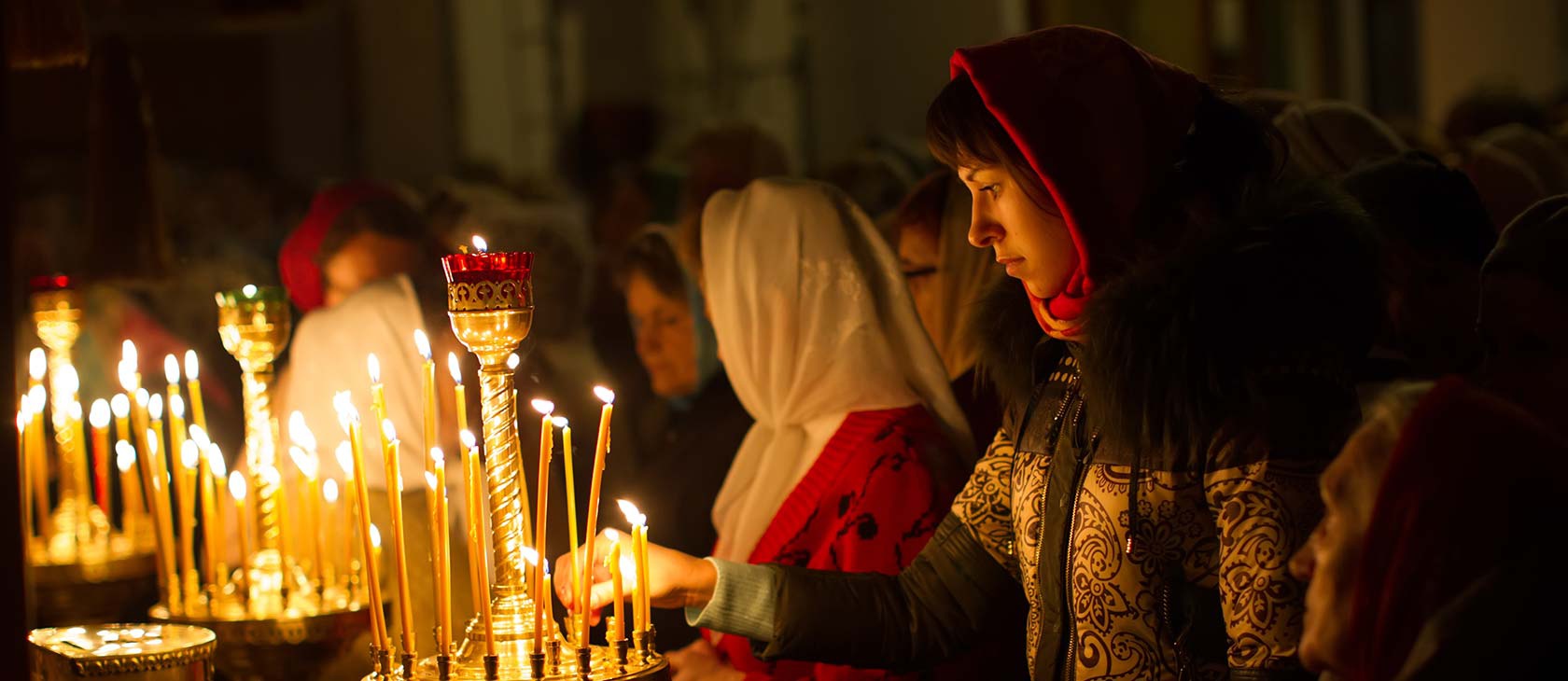Recently, my Madison, Wisconsin, parish offered to take up a collection to pay my bail and legal fees. The offer while sincere was premature and tongue in cheek. But a proposed change in state law brings with it a real possibility of putting me in legal jeopardy.
My congregation’s concern for me stems from the Clergy Mandatory Reporter Act (CMRA) being put forward by Democrat state legislators Sen. Lena Taylor, Rep. Chris Taylor, and Rep. Melissa Sargent.
As in other states, clergy in Wisconsin are mandated reporters of suspected cases of child abuse or mistreatment. If passed CMRA would, according to one of the bill’s co-sponsors, require “that members of the clergy report any instances of child abuse, including sexual abuse, ending the loophole of unjust cover-ups and misreporting currently occurring in our state.” The “loophole” referred to is the priest-penitent privilege that exempts clergy from reporting abuse revealed solely in confession (“the seal of confession”).
Catholic League president Bill Donohue said the bill seeks “to bust the seal of the confessional” and that the “government has no business policing the sacraments of the Catholic Church.” Still, Rep. Sargent takes exception to what she calls “an ‘us vs. them’ narrative” rather than taking seriously what is, in fact, a reasonable concern about the constitutional and practical deficiencies of the legislation.
As an Orthodox priest, I cannot accept any attempt by the state to re-define for its own purposes the nature of the sacrament of confession.
While I wish we lived in a time where it didn’t need to be said, the sexual or physical abuse of children (or anyone) is gravely immoral; it is a sin. In seeking to prevent this evil and redress the harm it causes, the legislation aims at doing a good thing.
Good intentions, however, aren’t enough. There are a number of actual and potential problems with the proposed legislation (which I haven't read since nothing has been posted as of yet on Wisconsin statehouse website).
First, it is, as Donohue points out, an intrusion into the internal life of not only the Catholic Church but of all the religious communities here in Wisconsin. In my case, as an Orthodox priest, I cannot accept any attempt by the state to re-define for its own purposes the nature of the sacrament of confession. The desire to protect children is one I share with the bill’s sponsors. But this goal does not justify the harm the bill would do to the free exercise of religion.
Any legally mandated loss of confidentiality will have a chilling effect on the priest-penitent relationship. If people suspect that I might reveal the content of their confessions to law enforcement, they will likely be guarded in what they say to me. Of course, this assumes that, given the provisions of the proposed Wisconsin law, they are willing to speak to me at all.
Undermining the priest-penitent relationship risks harming those victims of abuse the bill seeks to protect. At least in the hearts of those who have been abused, requiring me to report what I hear in confession could credibly be taken to mean that I would violate their confidentiality.
Under these circumstances, it would not be unreasonable for a person who has been abused to forgo speaking with me or any priest, pastor, rabbi, or imam because of the fear that the content of their confession, conversation or counseling session would be reported to law enforcement.
This is not a matter simply of what the law requires but how it shapes, or maybe better, misshapes, people’s perception of the clergy.
Third, through its unwarranted intrusion in our ministry, the bill punishes clergy who have not violated pastoral and moral responsibilities. In fact, when earlier this year a similar bill was proposed in California, its backers were unable to offer any proof that clergy used confession to conceal crimes against children.
The bill punishes the innocent in pursuit of the guilty.
Finally, the bill punishes men, women, and children (including victims of sexual abuse) by infringing on their right to seek spiritual succor and moral guidance according to their own consciences. Once again, the bill punishes the innocent in pursuit of the guilty.
Reading the comments on Rep. Sargent’s Facebook page (here and here) the anti-Catholic appeal of the bill is depressingly clear. Sadly, neither Sargent nor anyone in her office has seen fit to challenge these bigoted comments.
This leads me to question Sargent’s claim that the “principles of love, compassion, community, and trust are values that we all share–regardless of age, class, religion, political affiliation, or any other marker” and that “regardless of my personal convictions, I have the utmost respect for all of our state’s religious communities and those who practice their faith.”
If this were so, the bill’s co-sponsors would be anxious to hear from people like Bill Donohue, the Wisconsin Catholic Conference and me – all who have serious concerns about the bill. Instead, the Catholic News Agency reports, Sen. Taylor, Reps. Taylor and Sargent have only solicited feedback from potential co-sponsors of the legislation. As for concerns about how the bill infringes on religious liberty, these are dismissed as divisive and evidence of an unwillingness to protect children from sexual predators.
So will my congregation have to raise money for my legal expenses?
Because for the reasons I’ve outlined here, they know that I cannot and would not comply with any law that requires I violate the confidentiality of their confessions. That some state legislators would seek to coerce me into doing so even while leaving in place an exemption for those organizations, like Planned Parenthood, that prescribe contraception and perform abortions for minors, makes clear the punitive anti-religious nature of the legislation.
Much like the Obama administration mandate that employer health insurance policies cover contraception and abortion services even when doing so violates the conscience of the business owner, the CMRA is an attempt not simply to undermine religious liberty: It is designed to marginalize and vilify those Christians who object to the political, and above all social, progressive agenda. As the author of the anonymous 2nd century letter to Diogentus reminds us “the world hates the Christians not because they have done it any wrong, but because they are opposed to its enjoyments.”
What’s old is new.




